Imperial Intrigue mechanics
Let’s discuss the Imperial Intrigue mechanics in the game.
First off, Imperial Intrigue comes into play in 197 CE since that’s when Han Emperor Liu Xie comes of age. Here are some tidbits to consider:
- Mandate of Heaven (182 CE) – Imperial Intrigue is non-existent at this time since, technically, one of the playable factions is led by Han Emperor Liu Hong.
- Base game grand campaign/Rise of the Warlords (190 CE) – Dong Zhuo has the Han Emperor, but it’s going to be a long while before the mechanic comes into play.
- A World Betrayed (194 CE) – This is a viable start date if you still want to experience the Imperial Intrigue mechanic without owning the Total War: Three Kingdoms – Fates Divided DLC. Cao Cao holds the Han Emperor hostage, and you’ll need to wait for three years until he comes of age.
- Fates Divided (200 CE) – Han Emperor Liu Xie is now of age and he’s still in Cao Cao’s clutches. This has the Imperial Intrigue mechanic from the get-go.
- Eight Princes (291 CE) – The Han Empire no longer exists.
Note: It goes without saying that the Imperial Intrigue mechanic is only for Han factions in the game. Yellow Turbans, Nanman, and bandit leaders won’t bother with this.
Imperial Intrigue actions and Imperial Favor
Imperial Favor is a resource that increases primarily if you have a food surplus and high public order in your territories. Other actions can increase this, too, but I’ll get to these later. Still, take note that it can decrease the more you battle Han factions on the campaign map. For instance, defeating rival Han forces and choosing to loot/sack settlements will cause drops in Imperial Favor.
This is taken to mean that the Emperor wishes for his subjects to stop with their infighting. Likewise, it’s as though you’re smacking around the lords that he’s offered his patronage to.
Imperial Favor, at the max threshold (91 to 100), provides faction-wide bonuses: +10 satisfaction, +20 diplomatic relations with Han Empire factions, and -10% corruption. But, if you go below 50 Imperial Favor, then be prepared for maluses to the same facets. Your ambitions can be curbed if you’re viewed negatively by your officers, you’re hated by Han factions, and corruption runs rampant in your commanderies.
Other factors can also affect it. For instance, Cao Cao at high credibility levels from schemes will obtain additional Imperial Favor each turn. Dong Zhuo is the same depending on his intimidation level. Meanwhile, the inverse applies to Yuan Shu. His Imperial Favor will be lowered at higher legitimacy levels as that implies that he’s trying to supplant the Han Dynasty.
To play around with Imperial Favor, you do need to wait for Imperial Intrigue to be available come 197 CE. Once this happens, just click on the Imperial Intrigue panel:
- The Imperial Protectorate – The faction that currently has control of Liu Xie. In the 200 CE start date, the Duchy of Wei (Cao Cao) has this role.
- Political Maneuvering: Increase Favor – Costs 5 Imperial Favor, but you do gain 15. So, yeah, you end up with +10 Imperial Favor in the end.
- Political Maneuvering: Decrease Favor – Costs 10 Imperial Favor, and your target loses 15.
- Increase Favor and Decrease Favor can only be used every five turns.
- AI rivals will attempt to decrease your Imperial Favor. Meanwhile, your allies or vassals might choose to increase it, though, in my experience, this happens rarely.
Anyway, let’s talk about the Enemy of the Han decision and Imperial Decree diplomatic deals in the next section of our Total War: Three Kingdoms – Fates Divided guide.

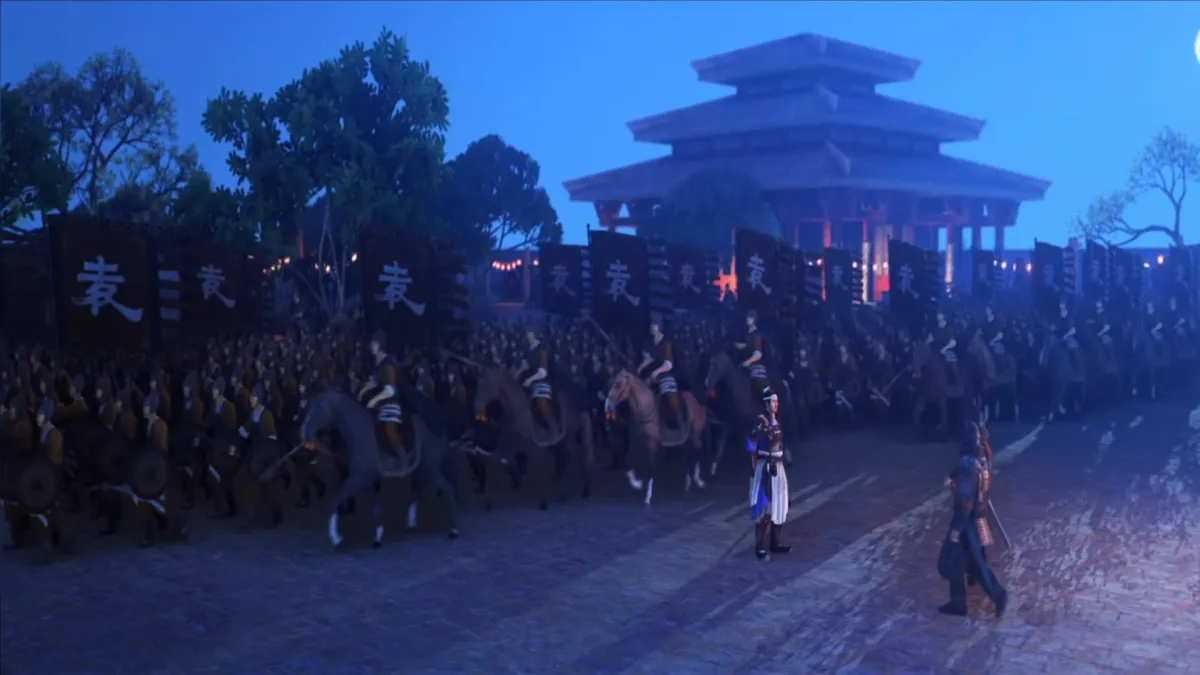
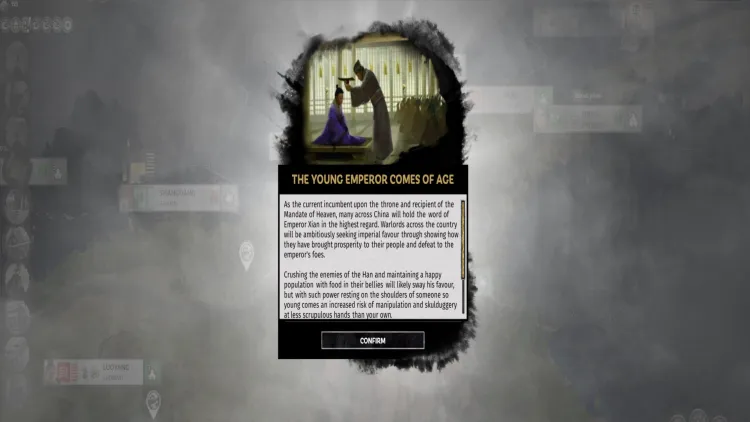
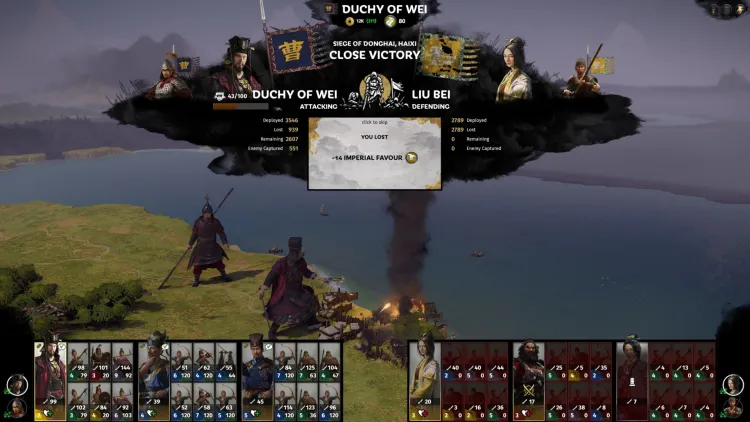
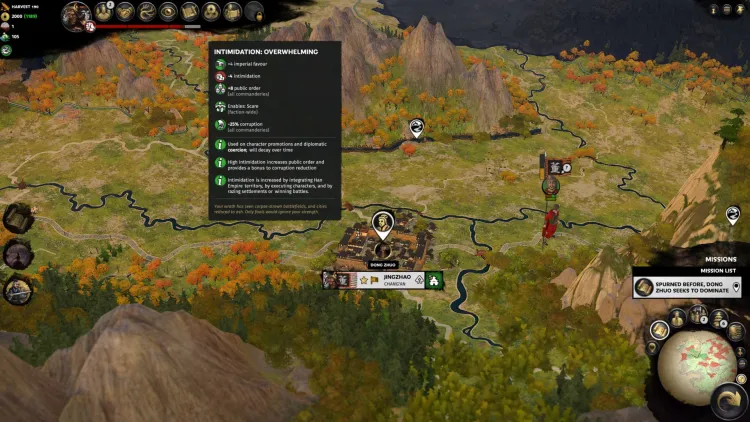
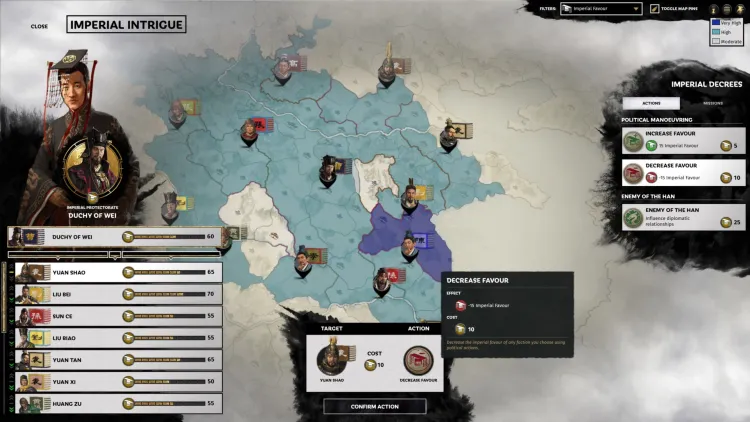


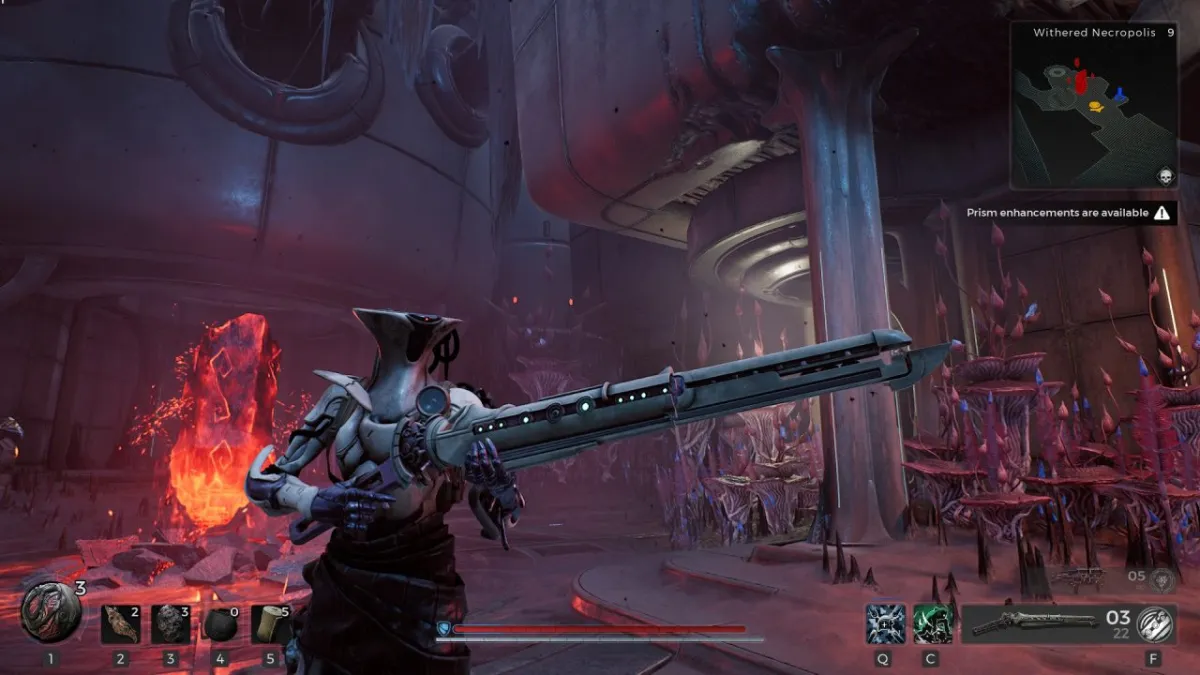

Published: Mar 11, 2021 9:30 AM UTC